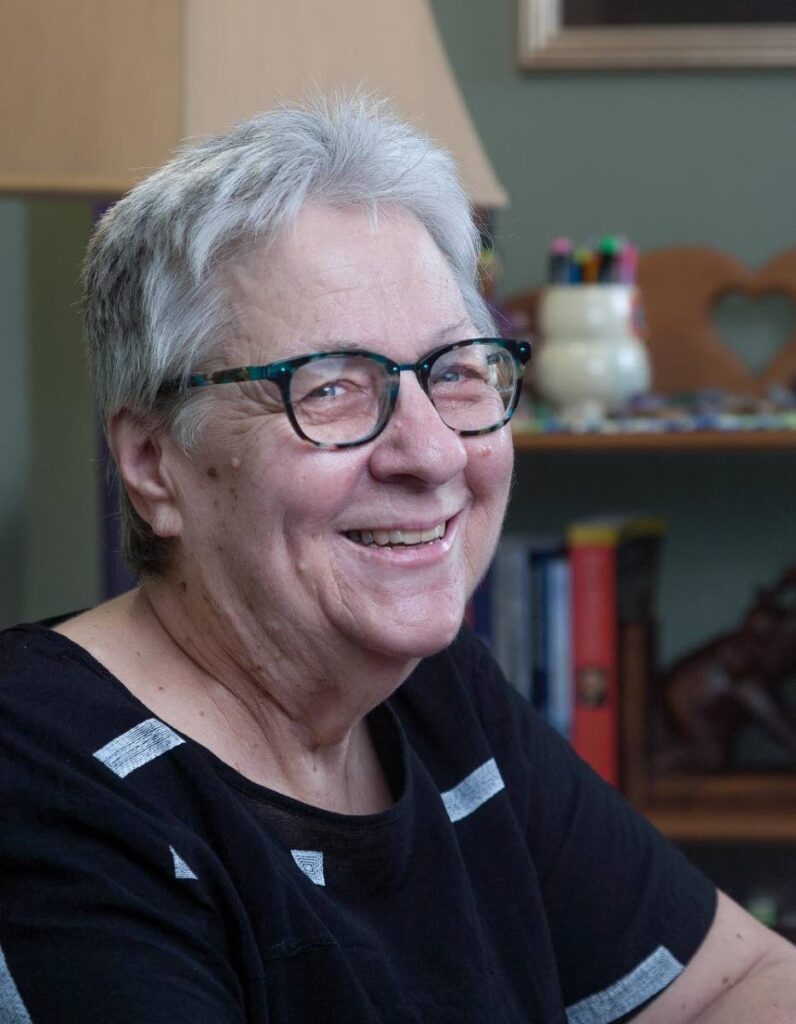Growing problem of voter apathy

TOMORROW is election day in the US, and this election worries me more than any other election I have experienced. I’ve lost the feeling that US elections are about creating political balance between conservative and liberal viewpoints that shape a nation and fear Republicans and Democrats have veered too far from their stabilising centre.
But I’m not just concerned about the US presidential election between former president Donald Trump and Democratic Vice President Kamala Harris. The election on the horizon here too looms large.
My feelings have no basis in statistics. They’re based solely on a handful of troubling conversations I’ve had with people I have known to be passionate voters in the US and here. Trinidad and Tobago and the US mirror each other in terms of having polarising parties with only a minority of voters crossing party lines to decide an election.
But I am also noting a growing publicly silent but worrisome group of people who are becoming increasingly disillusioned and ambivalent about voting. In the US, a definitive change in voting behaviour can be traced back to the 2016 election between Hillary Clinton and Trump. Many people – including me– found themselves voting against a candidate rather than voting for one.
CBS journalist Scott Pelley said it best in his book A Truth Worth Telling. There had never been an election between two more disliked candidates than Trump and Clinton. I was among the voters who chose to vote against Trump rather than vote for Clinton. It was a disheartening way to vote, and I did it again by voting for President Joe Biden, a politician I once admired but thought was too old for the job.
Slowly but surely I feel as though I am tumbling into the abyss of voter apathy. When elections roll around here, I will have my first opportunity to vote as a citizen of TT, and I’m not feeling excited about that.
I don’t think elections are won or lost any more by voting for someone. My ever-growing cynicism tells me the winner is decided by those who don’t vote. This is important because the US is not dealing in landslide elections any more.
I hear friends in the US say, “Why vote? My vote doesn’t count.”
It doesn’t help matters that US presidents are elected by the electoral college – delegates who represent voters – rather than being elected by popular vote. How disheartening is it to Clinton supporters – not to mention Clinton herself – to know that she won the popular vote but lost the election to Trump who had the majority in the electoral college.
Trump’s constant, unfounded claims that he won the last election against Biden hasn’t inspired voter confidence unless you are a conspiracy theory enthusiast. Suddenly, it’s not the thought of Trump winning an election that scares me, it’s the fact that growing apathy could give him an election. Throw in political alienation, a political science term for those who feel no party really represents them, and we have trouble.
Here, voter apathy lies within the feeling that every election is the same old thing. The lack of leadership and inaction by the same recycled politicians discourages people. Where are our next generation of leaders both in the US and here? They’re not surfacing.
Last week, a diehard PNMite friend told me she wasn’t voting for the PNM this election.
I said, “So you’re voting UNC?” and she said, “No, I’m not voting.”
Not voting is a consideration for people in both parties. This isn’t a majority view, but the fact you’re hearing people silently protesting the political situation by not voting is worrisome.
I have always said, “It’s important to vote,” and people now say, “Not if you can’t find someone to vote for.”
In the past, I said, “Voting gives you the right to complain.”
Now people shrug and say, “I can complain anyway.”
I have this unshakable feeling about the power of those disenchanted, unreachable voters. They can’t be ignored for much longer. They are apathetic, but they also represent dissent.
It’s impossible to have happy, productive people or affect real change in a country with an apathetic population. People must feel invested in their leaders.
Like I said in the beginning of this column, I’m not dealing with cold, hard statistics – only anecdotes – but the stories I hear sound bleak and feel despairing. It’s just my gut feeling that when it comes to voting, the tide is turning.
Meanwhile, the US faces a tense election day tomorrow.

Comments
"Growing problem of voter apathy"